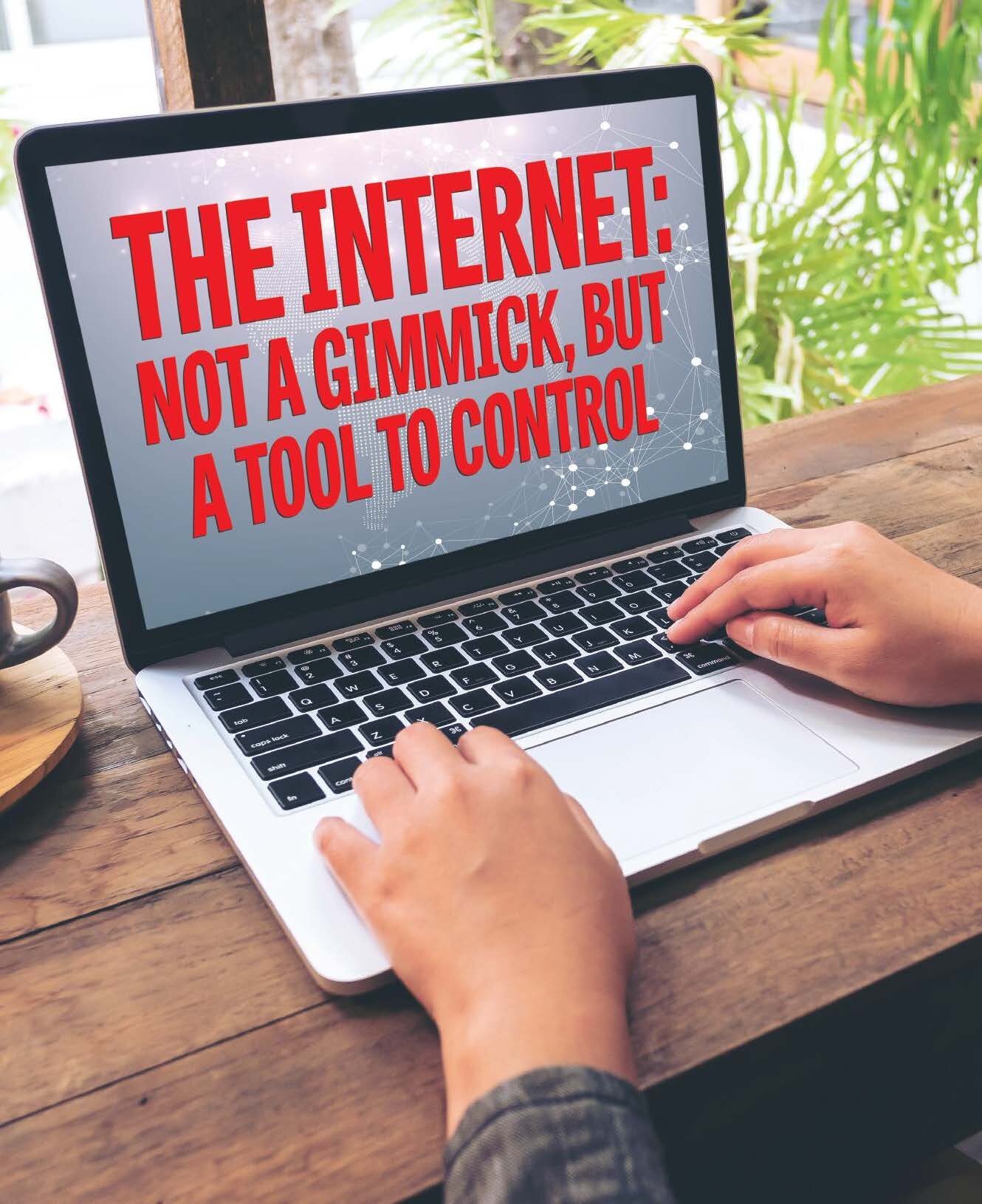Facilitating Success: Why Manufacturers Need a Partner to Thrive in the Ecommerce Space
The following article was published in the September 2019 issue of Home Furnishings Business, and can be seen in print here.
<img src="https://images.squarespace-cdn.com/content/v1/58876534f5e2318d733373d9/1569358857534-WVFZD5EPA9SPP9U96U2A/ke17ZwdGBToddI8pDm48kIYcONnlJQmfVPy8Tr5r_DB7gQa3H78H3Y0txjaiv_0fDoOvxcdMmMKkDsyUqMSsMWxHk725yiiHCCLfrh8O1z5QHyNOqBUUEtDDsRWrJLTmHHRMqniMJbuwH8EZRFFu5W3c3CyuhIpVI53Fka0eMFUh_uFbtbzo1VsbM-Hf9MZR/HFB_Internet+Issue_Why+Manufacturers+Need+an+eCommerce+Partner.jpg" alt="Photo courtesy HFB 2019" />

Photo courtesy HFB 2019
THE HYPER-COMPETITIVE ecommerce landscape is extremely dynamic – it shifts rapidly and constantly – and it is hard to keep up with. Manufacturers in the home furnishings industry often feel a sense of reactiveness to their Internet retail partners. It’s not because they aren’t willing to embrace the changing landscape, but rather because they may be underestimating the resources and diverse range of experiences required to maximize the opportunity. A common misnomer is that this void may be outweighed by one or two people that solely understand the brand well, and its internal operations. But the truth is, the channel’s complexities require more.
Engaging an ecommerce agency could be the answer. An agency likely brings seasoned experts, a wider lens to see and help capitalize on opportunities, and a variety of technology-oriented services to drive the channel. A strong facilitator will:
1. Understand the relevant players – market share changes – strengths and weak-nesses in categories
An agency with a client base that includes multiple product categories, styles and price points can be a significant advantage for manufacturers. With this unique perspective, a strong agency is able to keep track of primary, secondary and tertiary influences to provide a comprehensive view of what’s happening across the channel. They can help guide manufacturers to engage newcomers first, and to part ways with those less relevant before it becomes costly.
2. Understand the business drivers for each retailer and have the bandwidth to execute upon them
An agency may allocate multiple team members to a single internet retailer across a diverse client base. This combination of deep, but also wide level of engagement gives the agency a thorough understanding of what works and doesn’t work with each retailer. This knowledge gives a manufacturer an edge over their competition, allowing them to be first to participate in newly created strategic initiatives, and at the same time, avoid those pro-posed opportunities that may be less effective.
3. Have a broad suite of services with people and technology through economies of scale
The volume of business an agency manages allows them to achieve economies of scale to increase their suite of services to support the manufacturer and retailer. These tools and services – across merchandising, operations, creative and marketing – translate into a manufacturer having better control of how their products are priced, presented, and marketed.
An agency can help a manufacturer avoid costly mistakes and also pay huge dividends in an increasingly complex, but also extremely exciting channel. Most important is to invest in the right team – one that is specialized in the category, the right cultural fit, and feels like an extension of your own.
